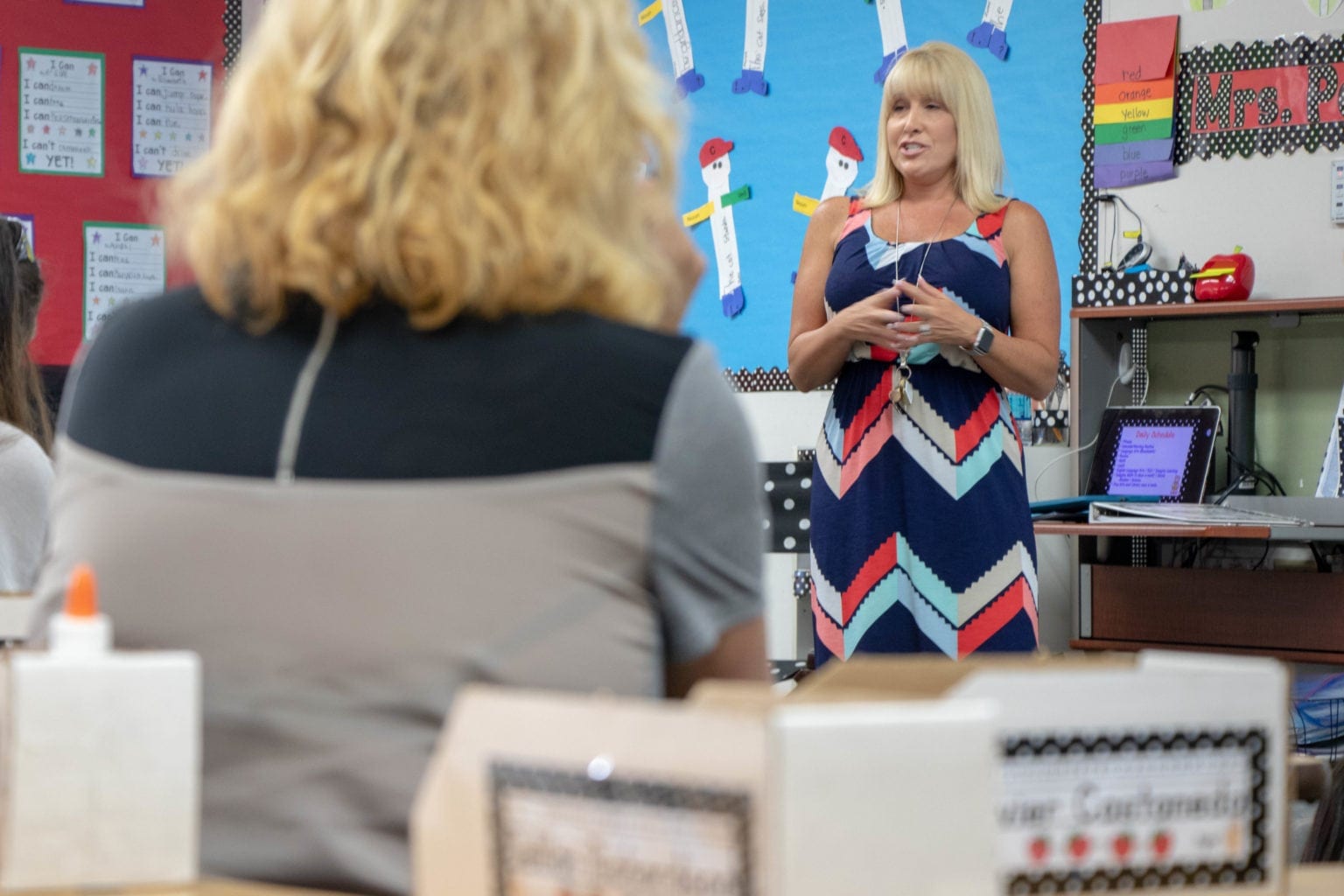Some Santa Clarita Valley parents have noticed their child’s reduced homework load this year, which prompted an online discussion between local parents that garnered hundreds of comments on the benefits and drawbacks of homework.
Some sites like Leona Cox Community School have opted for a more lax homework policy that seeks to support family interaction and the balanced life of the whole child, after the Sulphur Springs Union School District changed its homework policy in May, school officials said.
“I think (the new policy) is amazing and I hope that other schools follow,” said parent Adrianne Hass, whose children attend Leona Cox.
“The district wanted to reinforce the student learning aspect of homework, rather than dedicate a specific amount of time that’s required every night,” Sulphur Springs board President Ken Chase said about the updated policy. “Homework has to have a purpose. We don’t want to give homework for the sake of giving homework.”
Sulphur Springs’ updated policy reflects the values of the California State Parent Teacher Association.
“The quantity of homework assigned should align with consideration for a healthy, balanced life for students,” a California PTA resolution states. “While homework with a clear purpose has been shown to improve achievement, such work must be meaningful…”
During the online discussion, local parents debated how much homework is too much and what forms are considered meaningful.
One parent with children who attended Leona Cox for kindergarten through sixth-grade said the school gave her children homework that was pointless, before adding she is a teacher who agrees with a less-homework stance.
Another parent with a son who attended Pinetree Community School said her child always had homework in the lower grades and that it’s sad to see districts make the reinforcement of learned material optional.
Sulphur Springs’ Superintendent Catherine Kawaguchi believes the updated homework policy is an opportunity for parents to get involved in their child’s education.
“The reason why there’s a family component is we’re trying to make sure the family is an active partner in the process,” Kawaguchi said. “We want to make sure (parents) know that we want and need them to be active partners in the process. We don’t want kids struggling and frustrated because they can’t figure something out.”
Lisa Ely and her children discussed the Facebook post at their dinner table Wednesday night, she said, and both children said they endorsed the concept of homework.
“Like vitamins, the right amount (of homework) can help, but too much can actually hurt you or start working against you.” Ely said. “You can skew your statistics and studies to whatever you believe,” but Ely realizes there is value in homework because it instills a sense of responsibility.
“Homework is a must-do,” she said, “whereas baseball, music or chess is a may-do.”
Kids are learning deadlines through homework and it’s a rare time when they have to focus on and manage their own time, she said. “I think that’s one aspect of homework that is often overlooked.”
There’s nothing wrong with repetition at a young age, Ely said. “That’s what homework does, and young minds need that.”
She added parent engagement is critical for the success of a child, and homework is one way to bridge the classroom and home.
Regardless of the stance, the engagement was a positive takeaway, she said.
“no matter what side they’re on — for or against homework — it was nice to see parents discuss the subject and care,” Ely said. “That’s what matters.”








